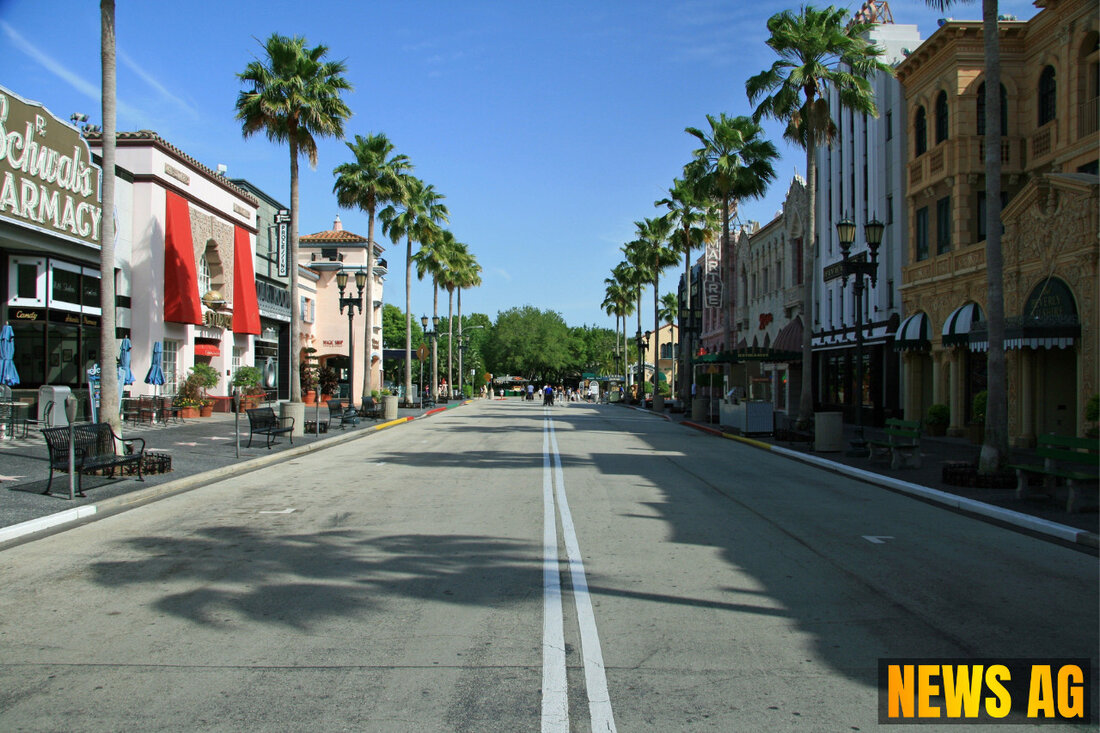Google's Undersea Cable: A Game-Changer for Spain and Florida Connectivity!

Palm Coast, Florida, USA - In a bold move to bolster internet connectivity between Europe and the United States, Google has announced the construction of a new undersea cable, aptly named “Sol.” This important infrastructure project will link Santander in Northern Spain with Palm Coast in Florida, marking the second direct internet cable between the two regions. The project is set not only to enhance internet speed and quality for users but also to significantly benefit businesses that depend heavily on data, such as those in artificial intelligence and cloud services. As detailed by Mallorca Services, the cable will also span the Azores and Bermuda, complementing Google’s previous cable connecting Bilbao and New York.
The significance of the Sol cable transcends mere connectivity; it represents a strong partnership between Google, Telxius in Spain, and DC BLOX in Florida. These companies will manage the landing sites where this crucial link comes ashore. The construction of the Sol cable is expected to wrap up around 2028 or 2029, promising to provide robust infrastructure for the demands of the digital age, as highlighted by SubTel Forum.
A Gateway to Global Connectivity
Florida’s dedication to enhancing its digital infrastructure is evident in the enthusiastic support from various stakeholders. Florida Secretary of Commerce J. Alex Kelly emphasized the state’s commitment to technological investments and innovation, making it clear that the state’s future is intertwined with digital advancement. Vice Mayor Theresa Carli Pontieri of Palm Coast echoed this sentiment, calling the Sol cable a gateway to global connectivity that will drive local economic development.
Chris Gatch, Chief Revenue Officer of DC BLOX, underlined the project’s vital role in strengthening Florida’s position in global communications. Local leaders like Gema Igual, Mayor of Santander, also expressed excitement about the project, noting its implications for both economic and social development. This investment could attract new businesses and create jobs in both Spain and Florida, demonstrating the far-reaching potential of enhanced digital connectivity.
Global Context of Undersea Cables
While the Sol cable seeks to enhance transatlantic connectivity, it’s a reminder of the larger web of global internet infrastructure. Remarkably, undersea cables transmit over 99% of international data traffic, underscoring their importance in ensuring efficient digital communication and economic vitality. The expansion of such cable networks provides countries with lower transaction costs and deeper integration into global technology supply chains, as noted in analyses from Econ Review.
Moreover, Florida’s strategic move aligns with the global trend toward enhancing digital infrastructure, particularly against the backdrop of the growing digital demands. Collaborations like those forming around the Sol cable will not only improve technological capabilities but also strengthen local economies in an era where data is king.
As we look forward, there’s much to be said for a well-connected world. The Sol cable is more than just a conduit for internet traffic; it’s a lifeline for future economic potential, innovation, and global collaboration. In a fast-evolving digital landscape, maintaining such ties is crucial and serves as a testament to the adaptability and responsiveness of regions willing to invest in their technological futures.
| Details | |
|---|---|
| Ort | Palm Coast, Florida, USA |
| Quellen | |
